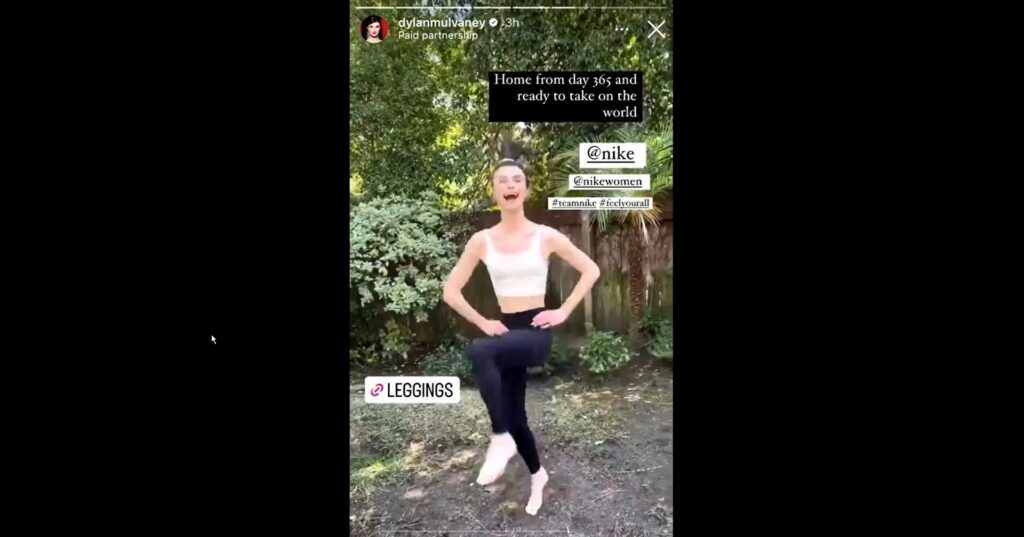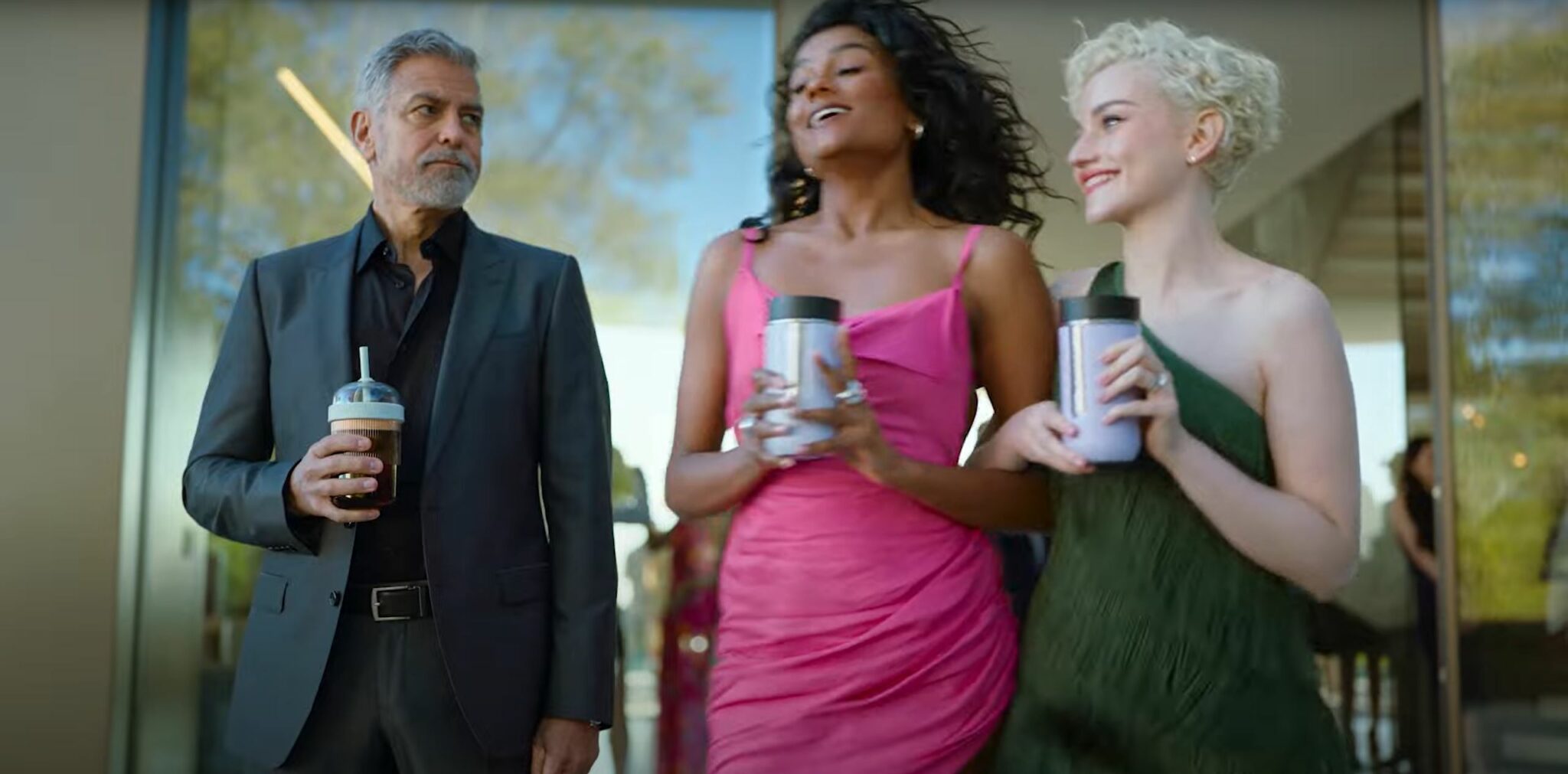TV Commercial Review
Memorable
Effective
Style
Heart or Humor
Execution
Controversial
Two mistakes
Transgender social media influencer Dylan Mulvaney recently ignited controversy after partnering with Nike and Bud Light for high-profile marketing campaigns. As the new face of Nike’s women’s sports bra line and Bud Light’s special release beer cans, Mulvaney has drawn backlash from critics who argue that these sponsorships should have gone to biological women. Despite the mixed reactions, Mulvaney continues to gain prominence as an influencer and brand ambassador.
Bud Light Faces Backlash for Featuring Trans Influencer Dylan Mulvaney in Latest Campaign
Bud Light has ignited controversy by partnering with transgender influencer Dylan Mulvaney for their latest campaign. The 26-year-old announced the collaboration on social media during the NCAA March Madness tournament. She even received a beer can with her face printed to celebrate her 365 days as a woman. However, the decision has been met with backlash from fans, including pro-Trump singer Kid Rock, who took to social media to criticize the partnership.
PR and marketing experts have expressed concern over Bud Light‘s strategy. Gareth Boyd, Marketing & PR Director at Forte Analytica, told DailyMail.com that Bud Light and their parent company Anheuser-Busch’s decision to partner with Mulvaney was a mistake. Boyd explained that the campaign is out of touch with Bud Light’s core audience and could alienate them.
Caitlin Wiggins, Director of Marketing at Liquified Creative, also shared her reservations about the campaign. She stated that she would not have advised Bud Light to take such a dramatic shift from their typical marketing strategy.
In response to the backlash, Anheuser-Busch has defended their partnership with Mulvaney, stating that she is one of the hundreds of influencers they work with and that the commemorative can was a personal gift, not for sale to the general public.

Despite the criticism, many have praised Bud Light for promoting diversity and inclusivity through their partnership with Mulvaney. The company has recently made female representation a strategic priority, with Alissa Heinerscheid, Vice President for Bud Light’s marketing, stating that female representation is a personal passion point of hers.
Mulvaney has also recently partnered with women’s designer fashion company Kate Spade, and her social media endorsements are estimated to earn her up to $1 million a year.
Nike has ignited controversy by partnering with transgender social media star Dylan Mulvaney
Nike has ignited controversy by partnering with transgender social media star Dylan Mulvaney for a series of paid sponsorships promoting the sports company’s women’s clothing line. The 26-year-old influencer recently shared videos and photos on Instagram, showcasing Nike leggings and a sports bra, tagging Nike Women, and linking to the product pages.
The partnership has drawn ire from both men and women on Twitter, who are upset that Mulvaney – born male but identifying as female – is being given coveted sponsorships for the prominent brand’s women’s line. The posts have been confirmed as paid sponsorships, although the exact amount Mulvaney was paid remains unclear. Previous reports suggest she could make more than $50,000 per paid post. Neither Mulvaney nor Nike responded to requests for comment.
This partnership with Nike follows Mulvaney’s recent collaboration with Bud Light, which also caused controversy after featuring her face on a special release of their beer cans. Mulvaney’s ‘year of girlhood’ journey since transitioning from male to female has provoked criticism from many feminists.
In the Nike posts, Mulvaney poses in black leggings and a white sports bra, showcasing yoga poses in a sunny backyard. A video features her dancing and performing mock workouts to an upbeat song. Social media users have expressed outrage at Nike for choosing Mulvaney over a biological woman and questioned the brand’s target audience.

Critics argue that the collaboration undermines women, with one user writing, “When will these brands understand that women do not want men dressing up as them to advertise their products?” Another comment reads, “What a damn shame. Absolutely disgusting.”
Some accused Mulvaney of mocking women with a “minstrel show” of femininity. However, not all reactions were negative, with some users praising her posts and complimenting her appearance.













darling you cant touch me